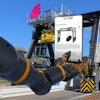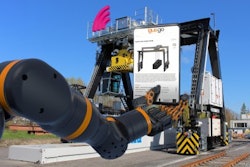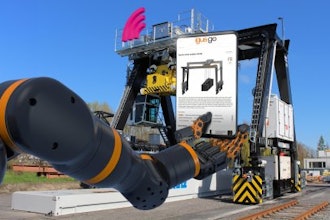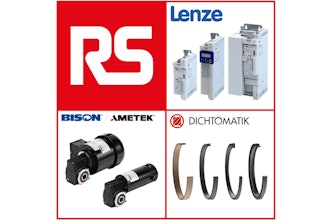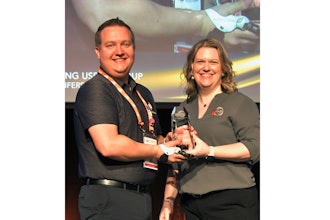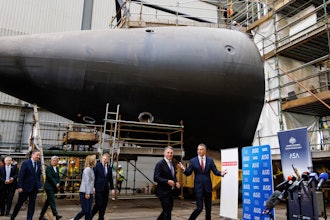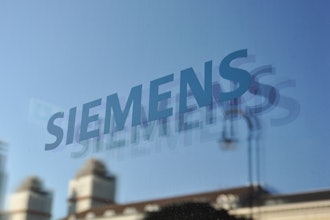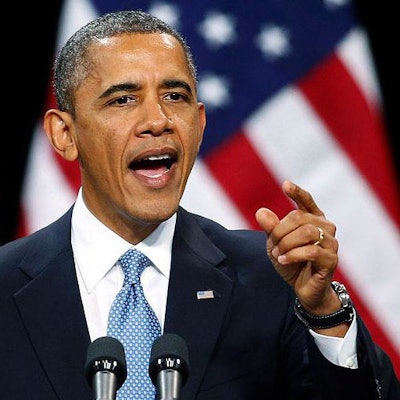
 The Obama administration laid out designs Wednesday to issue the first regulations to cut down on methane emissions from new natural gas wells, aiming to curb the discharge of a potent greenhouse gas by roughly half.
The Obama administration laid out designs Wednesday to issue the first regulations to cut down on methane emissions from new natural gas wells, aiming to curb the discharge of a potent greenhouse gas by roughly half.
Relying once again on the Clean Air Act, the rules join a host of others that President Barack Obama has ordered in an effort to slow global warming despite opposition to new laws in Congress that has only hardened since the midterm elections. Although a small component of U.S. greenhouse gas emissions, methane is far more powerful than carbon dioxide at trapping heat in the atmosphere.
The White House set a new target for the U.S. to cut methane emissions by 40 percent to 45 percent by 2025, compared to 2012 levels. To meet that goal, the Environmental Protection Agency will issue a proposal affecting oil and gas production, while the Interior Department will also update its standards for drilling to reduce leakage from wells on public lands.
How much will the regulations cost the energy industry? The White House said it won't have "sharp estimates" until later in the process.
"There are significant, highly cost-effective opportunities for reducing methane emissions from this sector," said Dan Utech, Obama's climate and energy advisor. "We're confident we can do this in a cost-effective way."
Methane leaks during production of natural gas. The rules will only target new or modified natural gas wells, not existing ones. But the Obama administration left open the possibility it could regulate methane from existing wells in the future, and asked the energy industry to take voluntarily steps to curb emissions in the meantime.
Though long in the works, the methane plans come at a particularly sensitive moment for Obama's environmental agenda. Republicans, incensed that Obama has made copious use of executive action to sidestep Congress on climate and other issues, have made rolling back those actions one of their first orders of business this year now that they control both chambers of Congress.
Obama's intention to eventually force industry to cut methane emissions has long been part of his broader strategy on climate change, and Wednesday's announcement may prove to be incremental.
Last year, the White House said the EPA would study how methane is released during drilling and determine whether it needed new regulations. That the administration has now decided it does need more regulations will surprise few. But the key details — how the regulations will affect industry's bottom line and how deeply they'll reduce greenhouse gases — won't come until the government formally proposes the rule. That won't come until later this year, with plans to finalize it in 2016 — the last year of Obama's presidency.
Environmentalists argue that cutting methane is key to curbing climate change, and some scientists have said that without methane controls, the country's shift from coal to natural gas will have less of an environmental benefit.
The oil and gas industry has insisted such rules aren't necessary because the industry is already working to reduce methane leakage. After all, methane is natural gas, so the less that leaks during production, the more of it that companies have left to sell.
"We're doing a good job," said Howard Feldman, the regulatory director at the American Petroleum Institute. Feldman said the oil and gas industry wouldn't necessarily oppose expanding existing pollution rules that have had the ancillary effect of curbing methane, but said targeting methane directly doesn't make sense. "We don't think it's necessary to go after methane in any way, shape or form."

